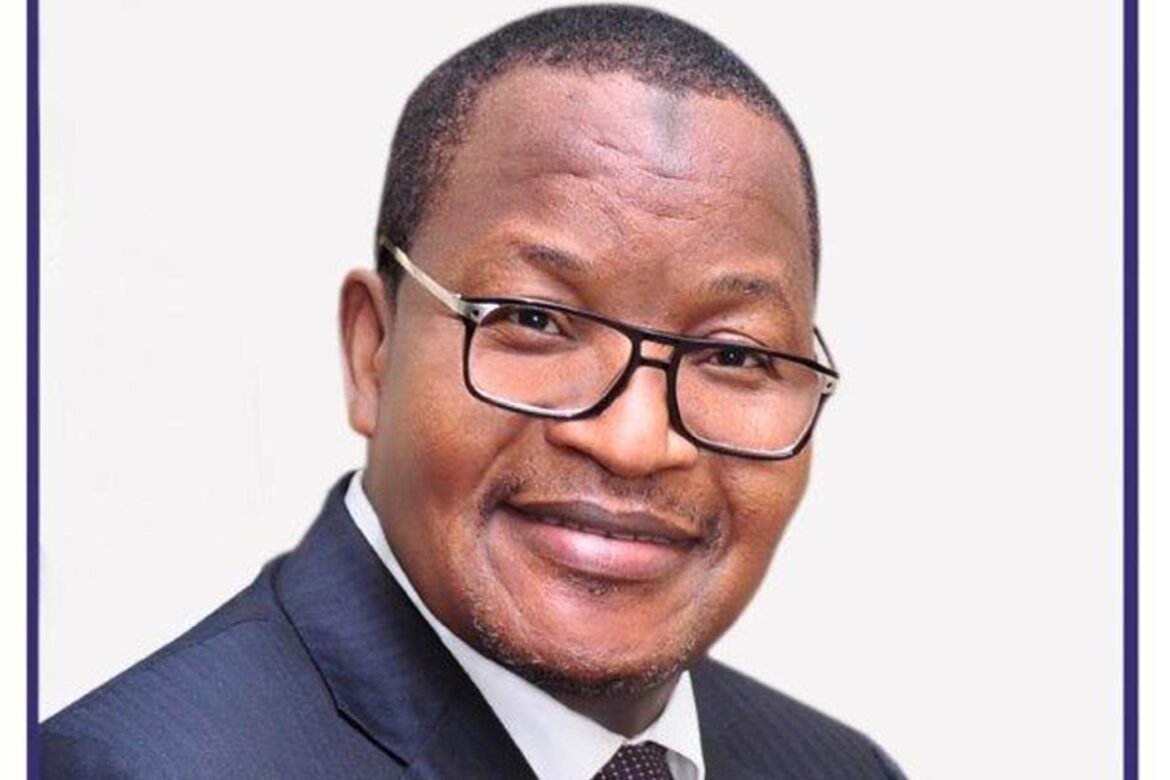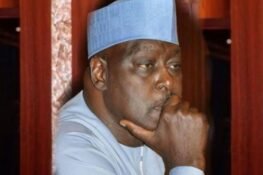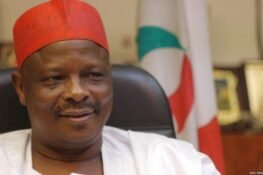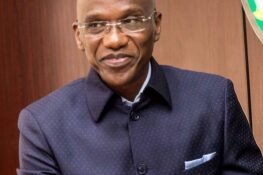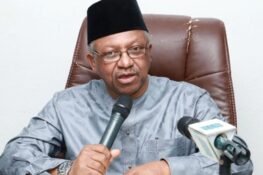The Executive Vice Chairman/CEO, Nigerian Communications Commission (NCC), Prof. Umar Danbatta, says the Commission has remitted N362.34bn to the government in the last five years.
Danbatta also describe described as key, the role of telecommunications to the diversification of the nation’s economy.
The statements were part of his presentation to Course 29 Participants at the National Defence College, Nigeria, recently.
Speaking on a theme, “The Telecommunications Industry and National Development in Nigeria: The Roles of the NCC in Promoting Digital Economy”, he said, telecoms sector is the life-wire that will drive the National Digital Economy Policy and Strategy (NDEPS) of the Federal Government.”
Danbatta the sector plays a dual role of contributing to the Gross Domestic Product (GDP) and being an enabler to other sectors of the economy.
“Telecommunications is key to the diversification of the Nigerian economy, as the telecom sector played a dual role of contributing to the Gross Domestic Product (GDP) and being an enabler to other sectors of the economy,” he said.
The EVC informed that the commission remitted over N362.34 billion as revenue in five (5) years to the Federal Government’s consolidated revenue account.
He listed fixed broadband Infrastructure gap, Right of Way (RoW), Foreign Exchange, Vandalism of telecoms infrastructure, Electric Power Supply, Multiple Taxations and regulations as some of the challenges bedeviling the industry.
On fixed broadband infrastructure gap, he said, the commission will bolster the exiting fibre optic infrastructure across the country by 38,296 km through the Infrastructure Companies (InfraCo) project Initiative.
On Row, the NCC boss said, the engagement with the Nigeria Governors Forum on adoption of N145/m as RoW fees has yielded results in Kaduna, Katsina, Imo, Ekiti and Plateau State.
He urged other states governments to key into the success of the digital economy drive by reducing RoW fees and other charges targeting telecom service providers.
Danbatta’s paper delved into a range of issues, including the correlation between broadband and GDP, telecom contribution to national development, telecom investment trend in Nigeria, telecom contribution to digital economy, conceptualisation of digital economy, among others.
